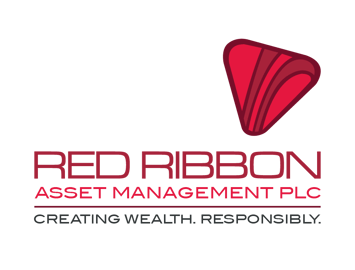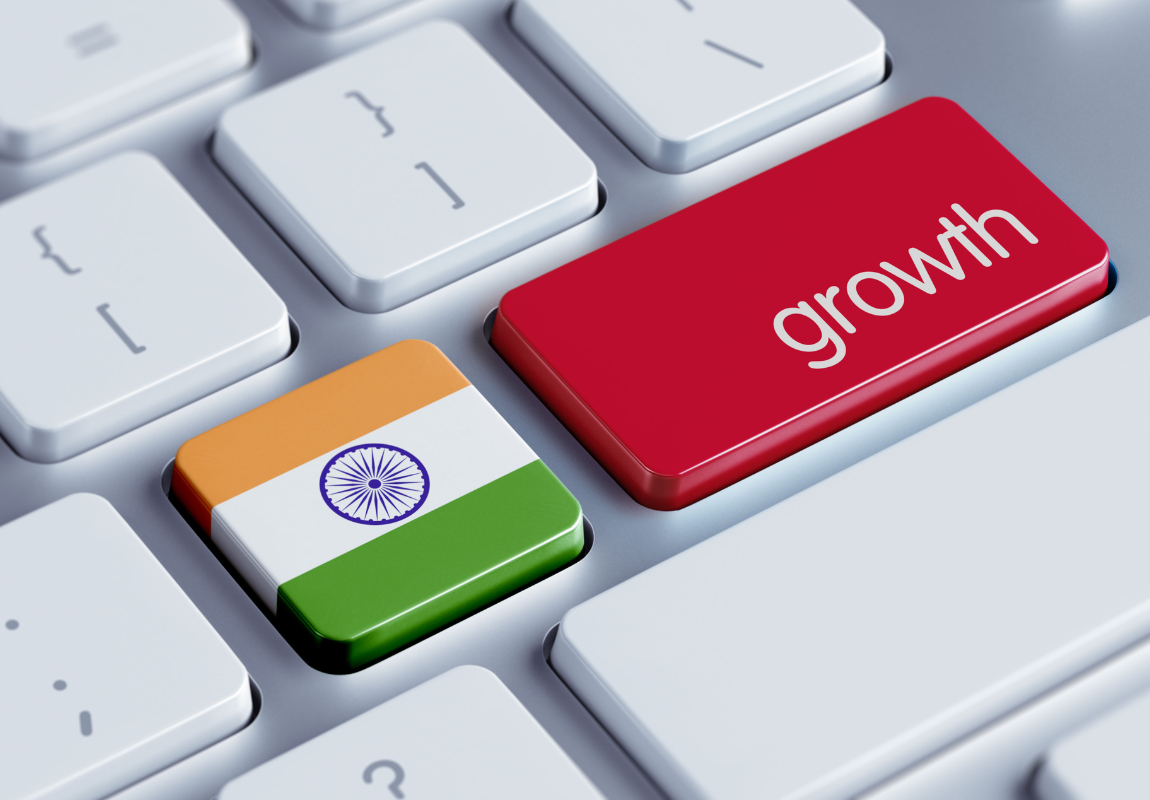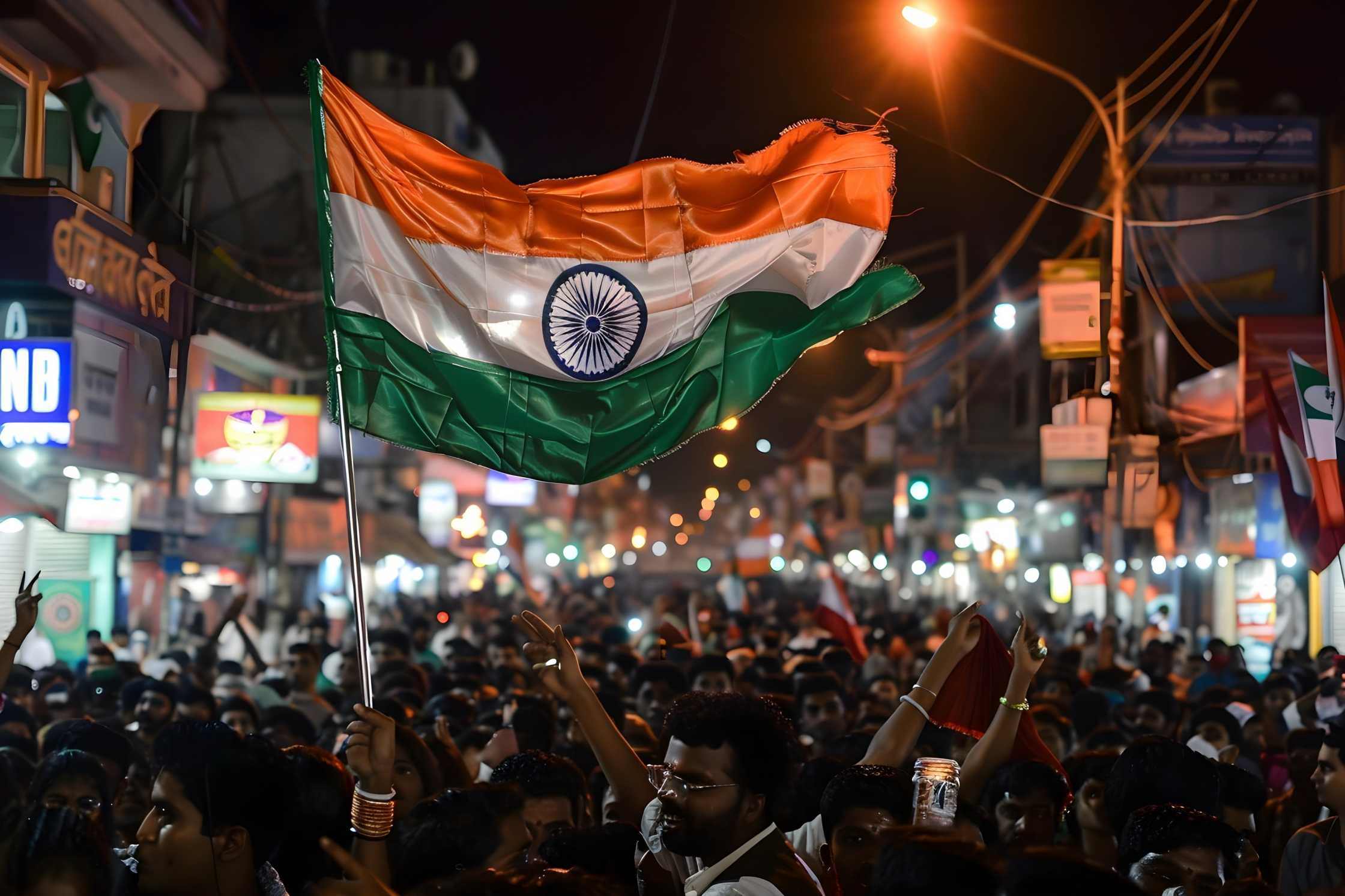Joining the Dots on Global Commerce…Nobody does it better than India
Connectivity is the beating heart of our fast-evolving world: everything from checking your bank balance (by phone) on a bus to breaking down borders as part of a rapidly expanding, global marketplace. Putting people and processes together in a blizzard of electrons has profoundly changed how we do everything, so the world will never be the same again. And most significantly, emerging technologies have delivered us an unprecedented level of globalisation, where trade doesn't falter at borders to have its passport stamped, and commerce migrates seamlessly to wherever it is that builds things better. That's what connectivity's all about…and it's here to stay.
So much so obvious, you might think, but then ask yourself this: if I can go on my computer today and buy a new laptop from Bangalore and have it delivered in London tomorrow morning, why has it taken post-Brexit Britain more than two years (and counting) to negotiate a free trade agreement with India (www.commonslibrary.parliament.uk)? After months of Boris bluster, those seemingly far-sighted Whitehall Mandarins set themselves a deadline of October 2022 to complete the talks…but still, they're mired in deadlock, with no sign of progress anytime soon. UK business is waiting to have its passport stamped, at least when heading for Mumbai, Bangalore, or anywhere east of Oman. So where's the connectivity there…?
How can I trade so effortlessly across borders when the homespun might of the former mother country is so obviously hamstrung?
Real World Markets
Of course, there's a difference between tariff-free trade and joined-up markets. Real-world conditions don't resolve themselves around conference tables and never have done: they happen anyway…in real-time, which is why I'm looking forward to getting my laptop in the post tomorrow morning, and Rishi Sunak can only look forward to another red box with the latest list of trade talk bottlenecks.
And that's why, in real-time, India's economy is projected to grow by 6.5% over the coming year (according to the snappily titled United Nations Trade and Development Conference: www.unctad.org). Without the slightest regard for upcoming trade treaties, global manufacturers are already shifting operations to India because India is a worldwide hub of manufacturing excellence…and that means, in particular, those paragons of technological innovation in Bangalore, Pune, and Chennai. Global enterprise is increasingly migrating to the Subcontinent and, in the process, bolstering India's position as the fastest-growing large economy on the planet.
The process is also underpinned by a radical expansion in public investment programmes created under Prime Minister Modi's stewardship (kicked off again, post-COVID, in 2023), coupled with a progressive growth in consumer demand on the Subcontinent, driven by India's increasingly urbanised and ever more aspirational middle class.
So, assuming a curiously ambivalent tone, the United Nation's Report (see above) predicts these trends will likely continue over the rest of the year…and they're probably right.
Because, at the end of the day, it's all about connectivity.
Red Ribbon Asset Management
India has been at the heart of Red Ribbon Asset Management (www.redribbon.co) for more than a decade: shaping its successful investment strategies in conjunction with an unparalleled knowledge of the Subcontinent's markets: delivering higher than average investor returns, and looking after the Planet and People in the process.
Executive Overview
Trade Treaties are cumbersome and old world-weary, but real-world commerce delivers in a heartbeat…just take a look at what's happening in India.
Invest in Red Ribbon Asset Management

Red Ribbon Asset Management (www.redribbon.co) aims to harness the full potential of fast evolving and emerging technologies to meet the needs of global communities as part of a circular economy, fully recognising the compelling demands of planet people and profit.

-Apr-17-2024-09-51-21-8885-AM.png)






Leave a Reply